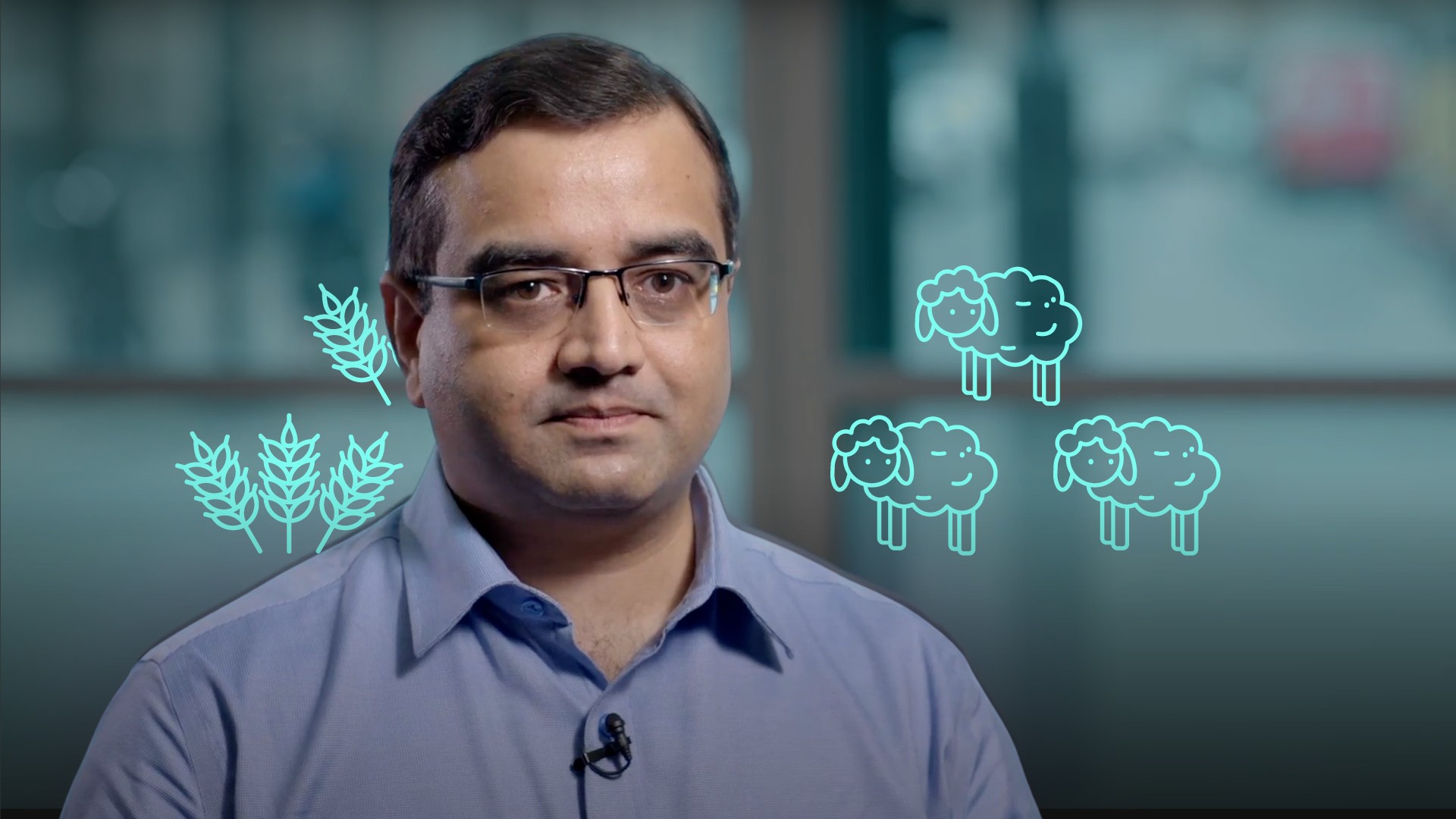
The History of Accounting

Saket Modi
20 years: Chartered accountant & educator
In the first video on this series, Saket describes the evolution of accounting, tracing back 7000 years, noting key developments which have shaped accounting into the process we know today.
In the first video on this series, Saket describes the evolution of accounting, tracing back 7000 years, noting key developments which have shaped accounting into the process we know today.

The History of Accounting
3 mins 35 secs
Key learning objectives:
Explain the origins of accounting
Understand how accounting has evolved in the modern era
Overview:
Accounting is a process of identifying, measuring, recording and communicating financial transactions and information about an organisation. The history of accounting can be traced back to over 7,000 years ago among the ruins of ancient Mesopotamia. The father of modern accounting is Luca Pacioli, an Italian mathematician who in the 15th century first described the system of double-entry bookkeeping involving debits and credits.
What are the origins of accounting?
During the time of ancient Mesopotamia over 7,000 years ago, the people relied on accounting to keep a record of crop and herd growth. It helped them determine if there was surplus or shortage after crops were harvested each season.
Accounting continued to evolve further during the reign of the Roman Empire. Roman historians recorded public revenues, the amount of money in state treasury and taxes.
The Indian philosopher and economist, Chanakya wrote “Arthashastra” around the second century B.C. which contained advice and details on how to maintain books of accounts.
It is believed that bookkeepers emerged while the barter system was used to trade. During the middle ages the merchants began relying on bookkeeping to keep a record of transactions and this led to the beginnings of the double-entry system of bookkeeping.
How has accounting evolved in the modern era?
Luca Pacioli is known as the father of modern accounting. In the 15th century, he described the system of double-entry bookkeeping involving debits and credits.
The entity’s resources were listed separately from any claims on those resources by other entities. This helped the owner get a clear snapshot of the entity’s strength and is still the basis of today's accounting systems.
The onset of the industrial revolution in 1760 created a need for advanced accounting systems, and in turn called for dedicated accounting professionals who had highly specialised knowledge and could take financial responsibility.
We now have accounting principles and standards to follow when recording transactions, to ensure consistency in when transactions are recognised, how they are measured and presented.

Saket Modi
There are no available Videos from "Saket Modi"

